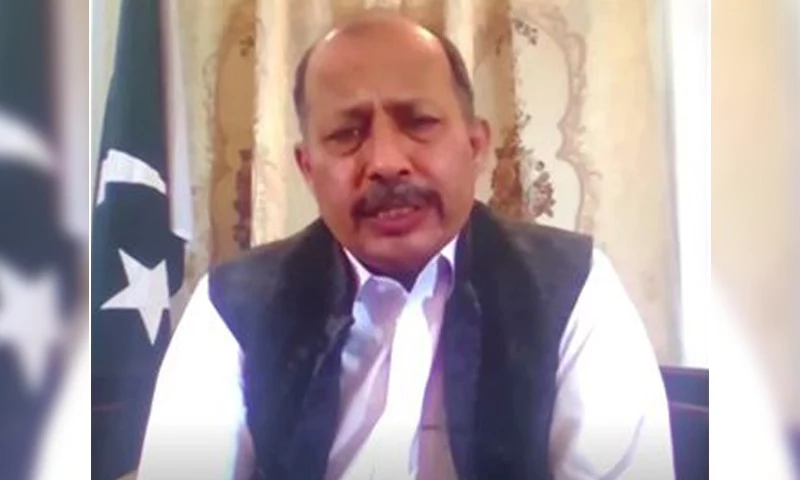While the world is talking about providing aid to Afghanistan, Pakistan and China are both busy pursuing their own interests.
While Islamabad is in a hurry to rope in Afghanistan in the China-Pakistan Economic Corridor (CPEC) project, Beijing is still in wait-and-watch mode as it knows that the militants groups pose a threat to investments.
Pakistan's ambassador to Kabul, Mansour Ahmad Khan has claimed that he has negotiated with Taliban leaders to join the China-Pakistan Economic Corridor (CPEC).
“I think there has been a deep interest in terms of developing the economic connectivity of Afghanistan with Pakistan through CPEC and with other neighbouring countries including Iran, China and Central Asian countries,” Pakistani daily Dawn quoted Mansour Ahmad Khanas saying.
Pakistan discussing expansion of CPEC to Afghanistan: envoy
In practical terms, few initiatives are linking CPEC with Afghanistan, a country which is at the intersection of South Asia, Central Asia, and West Asia. The plan is on the cards to connect Peshawar in Pakistan to Jalalabad in Afghanistan by rail. Former Pakistan Railways Minister Sheikh Rashid Ahmad revealed that Main-Line-I (ML-I), a high priority project of CPEC, railway track will be extended by 154 km, from Peshawar to Jalalabad in Afghanistan.
"The railway link between Pakistan and Afghanistan will help both the countries improve bilateral trade and facilitate the movement of thousands of passengers who cross the border daily," Rashid says.
While Pakistan is “excited,” there is no word from China on the deal. Though Chinese representatives have met Taliban leaders after the fall of Kabul many times to discuss the issue and the Taliban has been very “eager” to join CPEC, it is China who is treading cautiously.
Also Read : China fears hostility between Pakistan Taliban and Islamabad endangers CPEC projects
Given the cash-strapped situation, the new Taliban government is desperately looking for a "viable economic masterplan" to avert the looming financial and humanitarian catastrophes.
During the meeting in July, Taliban’s co-founder Mullah Baradar assured Beijing that they would “never allow any force to use Afghan territory to engage in acts detrimental to China” but Chinese Foreign Minister Wang Yi told him that there should be an inclusive government and “Taliban will have to make a clean break with all terrorist organizations including the ETIM and resolutely and effectively combat them to remove obstacles.”
But the Taliban has failed to act on both the terms- neither is their government inclusive nor have they cut off ties with ETIM. The Chinese are also worried about the recent fighting between the Taliban and ISIS-K.
Afghanistan is a big headache for Beijing, which fears chaos there will spill over not to its restive Xinjiang region and Pakistan as well. China has invested in huge infrastructure projects as well as extended huge loans to Islamabad as part of the Belt and Road Initiative (BRI) but Tehreek-e-Taliban Pakistan (TTP) with close ties with the Afghan Taliban poses a major threat to CPEC projects and Chinese nationals. Chinese analysts have warned their government that TTP’s enmity toward Pakistan presents a great risk to Chinese projects. When Chinese and Pakistani leaders asked the Afghan Taliban to rein in the TTP, they were told that the Pakistani leaders should approach the ulemas to sort out their problems with the group.




















